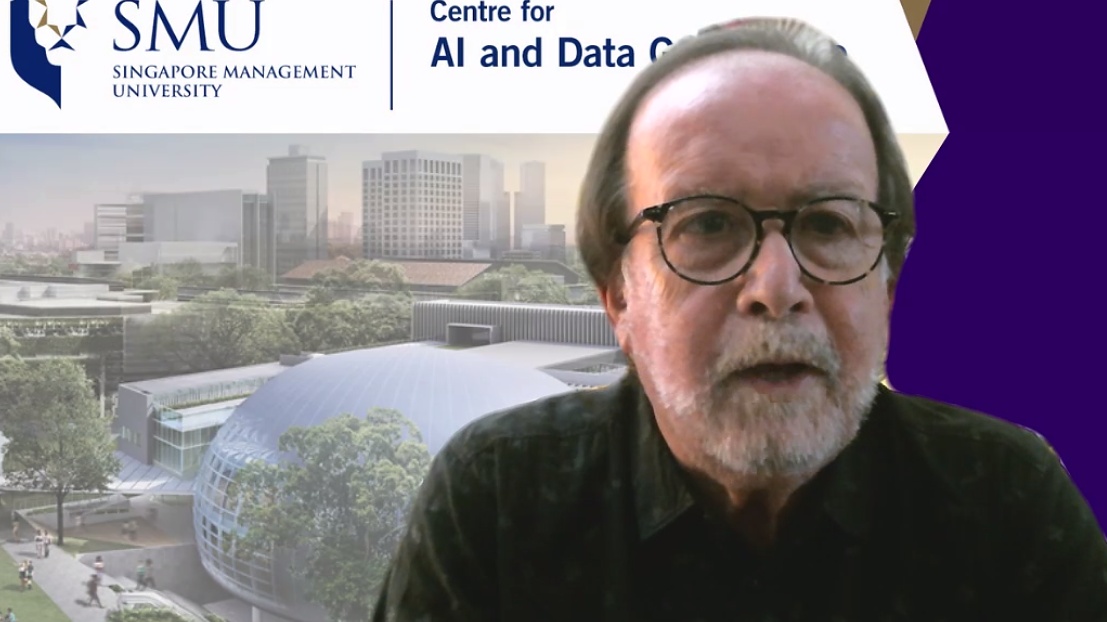Prof. Mark Findlay gave a presentation about Kampong Ethics and Life-Space Storytelling: Trusting AI at the latest IEAI Virtual Speaker Series which took place on November 11, 2021.
Kampong ethics and storytelling is a complex collection of ideas drawn together in a way that enables the inclusion of new perspectives around the debate on AI ethics.
The current top -down approach to ethics is problematic. As it does not rely on a shared understanding of ethical priorities, it cannot reach the levels of impact that are necessary at all phases of the production pipeline. Trustworthy AI can be achieved by moving the debate beyond the laboratories where the technology is developed, by involving communities in determining priorities and principles for AI. Within communities, decisions can build in trust by considering people´s preferences, priorities and values.
Prof. Findlay explained how a more bottom-up approach relates to the kampong spirit, a concept about community and solidarity where active participation is key to sustainability. In kampong thinking, ethical decision-making is geared towards a spirit of togetherness and solidarity. Online environments call for a creative approach to regulating and maximizing the impact of AI technologies on people across various externalities. Therefore, the kampong spirit suggests looking at communities in order to understand how they embrace localized ethical and operational theorizations and may have different priorities for how they would like ethical principles to be operationalized.
According to Prof. Findlay, advancing the debate on AI ethics through a kampong spirit would solve the unsustainable dependencies created by the current top-down approach and create an open space where all the stakeholders can cooperate. Hence, ethics should be part of a process of locating AI within the history of a community. This was AI can take on a purpose, not so much driven by the market, but rather from the communities in which such systems are located. In conclusion, knowledge co-production in sustainable and social infrastructure terms, rather than economical development terms, is fundamental for developing ethical AI. Such development can only happen if we recognize that AI needs to have a parallel purpose for the priorities determined by communities for a social group.

